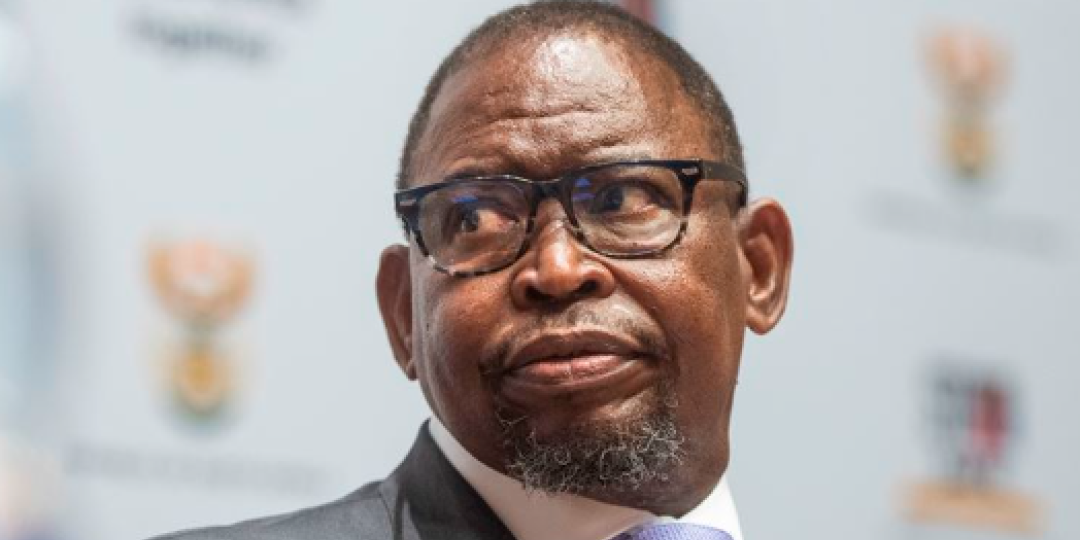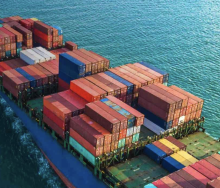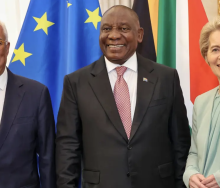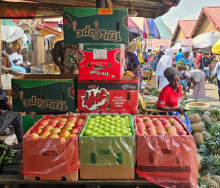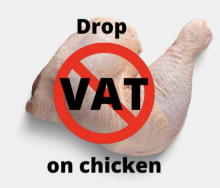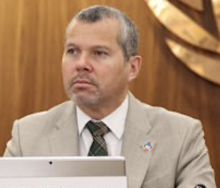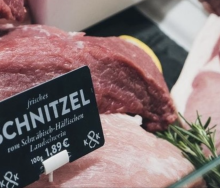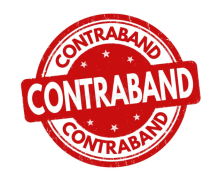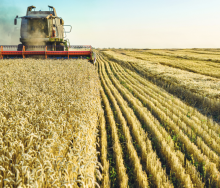South Africa’s Minister of Finance, Enoch Godongwana, must strike a tricky balance between stimulating economic growth and managing a precarious fiscal position when he delivers the 2025 budget speech next week.
This is according to a new report released by PwC on Wednesday in which the global consulting firm highlighted its latest budget predictions and areas of concern, including the rising debt burden and revenue forecasts as well as the plight of struggling state-owned entities like Transnet and Eskom.
However, in spite of ongoing economic challenges, PwC reported that a recent survey showed that 83% of CEOs in South Africa expected economic growth to improve in 2025.
The South African Reserve Bank has forecast an encouraging 1.9% annual GDP growth for the period 2025 to 2027. However, PwC cautioned that the government must adopt a more conservative stance to ensure realistic fiscal planning.
“Fiscal budgets perennially over-estimate economic growth and …expected fiscal revenues,” PwC said.
The report predicts that tax revenues will underperform original budget estimates due to lower VAT collection and economic stagnation.
“Revenue collection for the 2024/25 fiscal year looks set to significantly underperform the original budget estimate,” PwC said.
The National Treasury’s mid-term budget (MTBPS 2024) had already revised its revenue projection downward by R22 billion to R1.841 billion.
PwC said it expected tax revenues for 2025/26 to reach R1.951 billion, slightly below previous estimates, and cautioned that government should avoid imposing additional tax burdens on struggling households.
“It is hoped that National Treasury will not increase taxes in Budget 2025,” PwC said.
However, PwC cautioned that above-inflation increase in excise duties on alcohol and tobacco were likely.
PwC warned that businesses should prepare for increased costs associated with carbon tax compliance and emissions reductions. One of the most significant shifts in taxation will be an increase in carbon tax from R190 to R236 per tonne in 2025. This tax is set to rise to R462 per tonne by 2030.
State owned entities remain a major concern, with Transnet requiring R90 billion to modernise infrastructure and meet operational demands.
PwC said despite governance improvements, Transnet and Eskom remained significant risks to fiscal sustainability and the government needed to clarify its medium-term financial commitments to these entities.
“Eskom’s laudable progress is at risk as its recapitalisation project is slow, and revenue collection remains a serious challenge,” the report noted.
PwC warned that the government’s inability to contain debt risks damaged investor confidence as the budget deficit was expected to reach 5.2% of GDP in 2024/25 before narrowing slightly.
“The government’s inability to contain debt within the committed fiscal framework risks compromising South Africa’s credibility in the investor community,” it said.
On the issue of cryptocurrency, PwC said the South African Revenue Service was gearing up for a major shift in taxation.
Sars has joined 47 countries in adopting the Crypto-Asset Reporting Framework (Carf). This means crypto transactions will be subject to stricter oversight and automatic exchange of tax-related data with other nations by 2027.
“It can therefore be expected that the 2025 tax amendments will contain provisions to transpose the Carf into SA’s domestic legislation,” the report noted.
